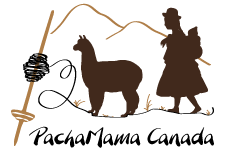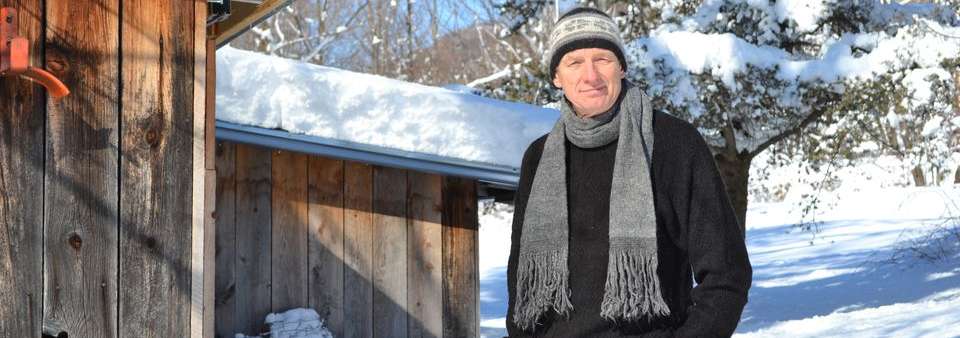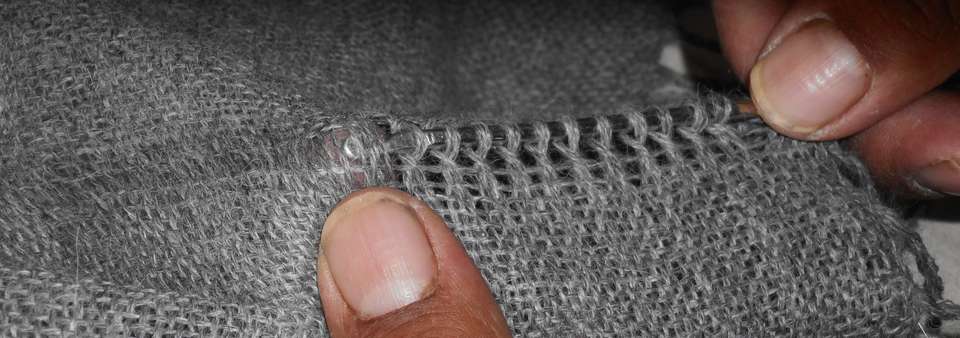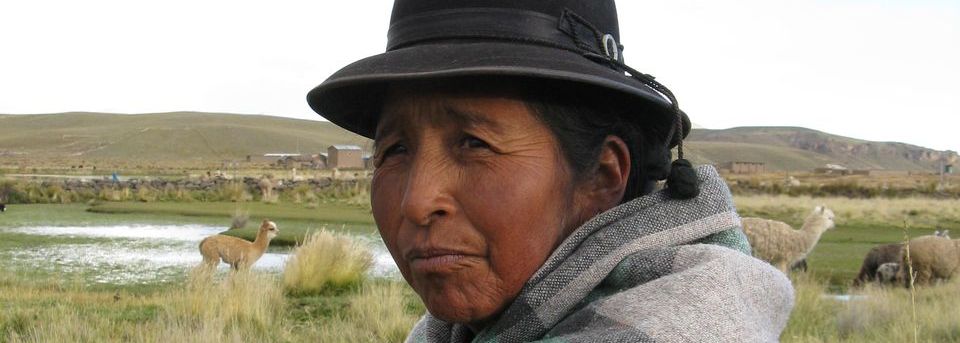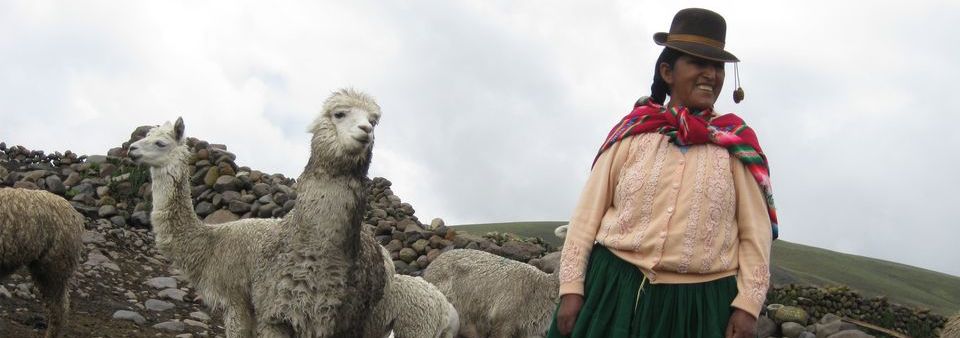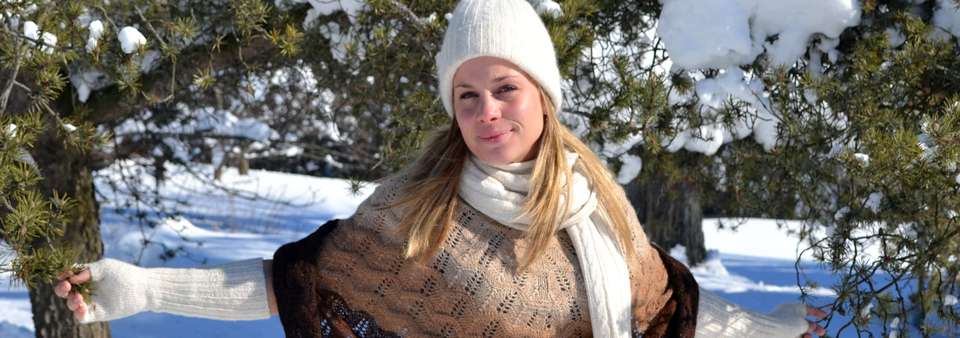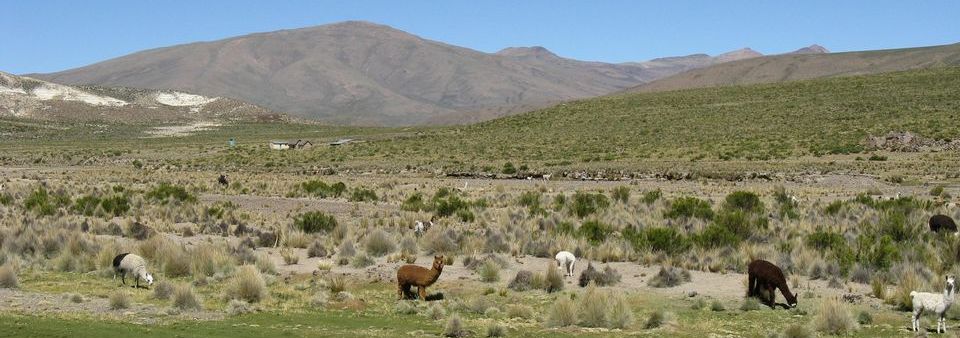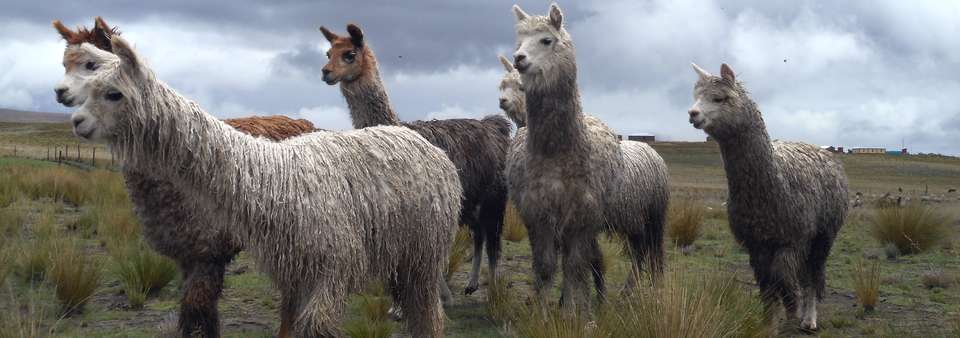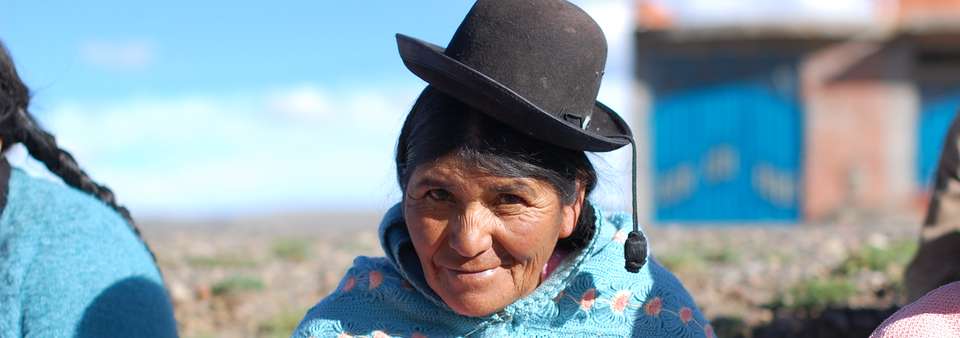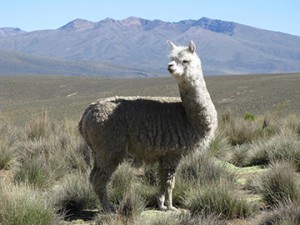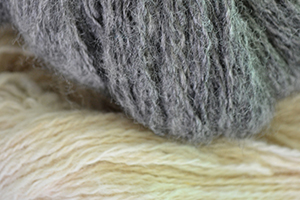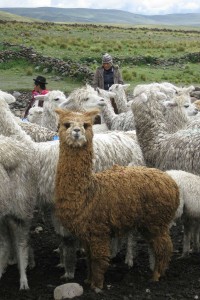ALPACA: FINE ANDEAN FIBRE
The alpaca is a member of the camelid family. It is cousin to the llama and the camel.
While alpaca farms can now be found all over the world, these animals originally hail from the high altitudes of the Andes (mainly Peru, Bolivia, Ecuador and Chile). Peru won the title of the largest producer of alpacas in the world with more than 3 million animals.
Alpaca farming constitutes the main livelihood for the people we work with.
|
|
ALPACA FIBRE PROPERTIESSoft as cashmere, alpaca fibres are fine hairs that were once reserved for Incan royalty.
|
DYE-FREE
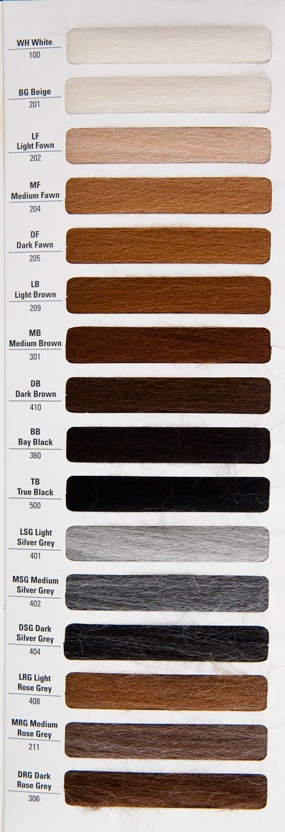
At PachaMama we are proud to offer you natural, undyed knits and fur products.
Nature provides a variety of 22 magnificent hues. Peru’s major textile industries, however, prefer to use white fiber to meet their standards of dyeing because undyed fiber has natural colour variations that require more processing.
To meet industry demand, breeding of coloured alpacas has been neglected for several years. Although efforts have been made to increase the number of coloured animals, white alpacas still dominate the herds today. Beige, tan and brown alpacas are far fewer in number, while gray and black animals are extremely rare.
By using true natural colours of alpaca, we are participating in the recognition of the value and diversity of colours within the alpaca herds.
The image on the left shows the color chart that classifies alpacas by family of colors. It is a very practical tool with which we also work!
THE RARITY OF COLOURED ALPACAS
In Peru, over 85% of Huacaya alpacas are white. Of the remaining 15% that are not white, nearly all are beige, fawn or brown, with a miniscule number of black, gray or rose-gray animals.
*Sources: R. Cornejo, E. Castillo Caceres, 1991. Protección y conservación de alpacas de color de la raza Huacaya en la Sub Region Puno. Peru / INEI, Censo nacional agropecuario 2012 / Brenes, Madrigal, Pérez, Valladares, El cluster de los camelidos en Peru, INCAE, 2001 / Cardellino, Mueller, Wool and other animal fibers in South America.
